Adolescents are often juggling multiple activities, from school to extracurriculars to part-time jobs. Time management skills are essential to help them stay organized and on top of their commitments. Here are 20 time management skills that adolescents can use to stay on track.
Time Management Skills For Teens
They often have a lot of things going on at once, with school, homework, extracurricular activities, and socializing. It can be tough for teens to stay on top of their time management skills. And, on top of all of that, they’re also trying to figure out who they are and what they want to do with their lives.
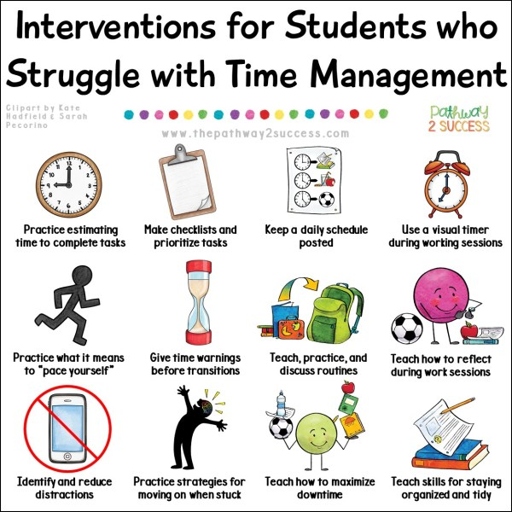
But, despite all of these challenges, it’s important for teens to learn how to manage their time effectively. Good time management skills can help them be successful in school and in their future careers.
Here are 20 time management skills for adolescents:
1. Create a Weekly Plan
1. Create a weekly plan:
Creating a weekly plan is a great way to stay on top of your time management skills. By taking a few minutes each week to sit down and map out your upcoming week, you can ensure that you are making the most of your time.
Start by taking a look at your upcoming week and identifying any big projects or deadlines that you need to focus on. Finally, add in any other smaller tasks or appointments that you need to take care of during the week. Then, break down those projects into smaller tasks that you can complete each day.
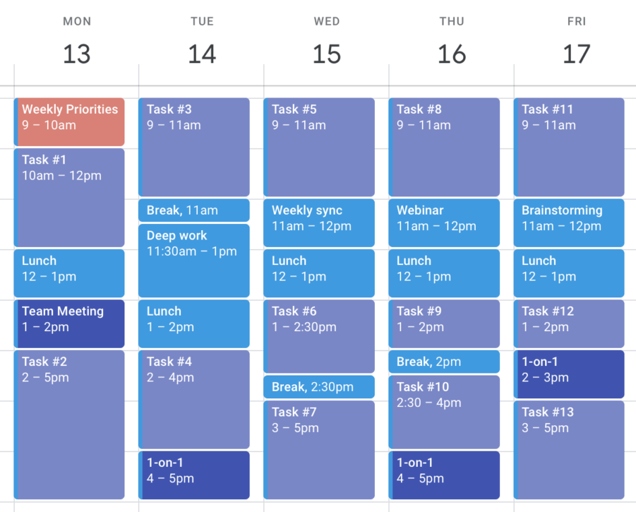
Once you have your plan mapped out, be sure to stick to it as much as possible. Of course, things will come up that you didn’t plan for, but if you can stick to your plan as much as possible, you’ll find that you’re able to get a lot more done.
2. Build a Daily Routine
A daily routine can help teens manage their time more effectively. By having a set schedule for each day, teens can better plan their time and avoid last-minute scrambling.
Then, sit down and make a list of what you need to accomplish that day. Wake up at the same time each day and start your day with a set routine. Eat breakfast, brush your teeth, and get dressed for the day.
Start with the most important tasks and work your way down the list. And be sure to set aside time for fun and relaxation, too! Take breaks throughout the day to relax and rejuvenate yourself.
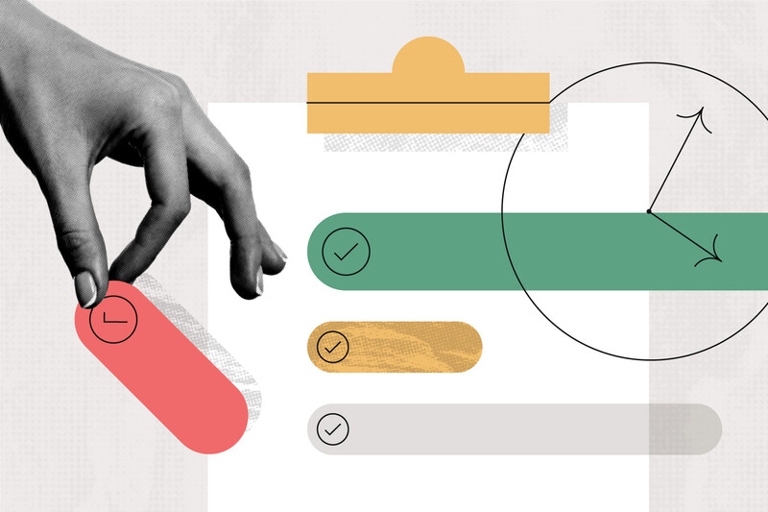
So give it a try and see how it works for you! A daily routine will help you stay on track and make the most of your time.
3. Identify Your Productive Periods
It’s important for adolescents to identify their productive periods so that they can better manage their time. Productive periods are when a person is most alert and able to get work done. For some people, this may be early in the morning, while others may be more productive at night.
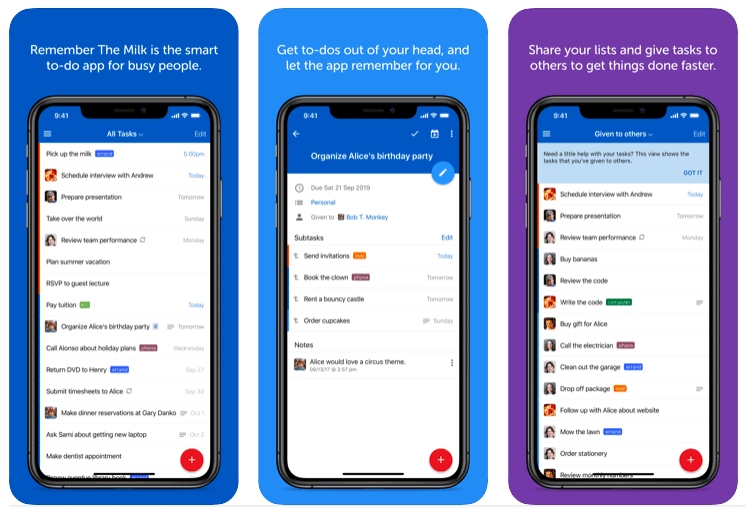
For example, if they know they are most productive in the morning, they can schedule their most important tasks for that time. Adolescents should experiment with different times of day to see when they are most productive. Once they have identified their productive periods, they can then plan their days accordingly.
Time management skills are important for adolescents to learn so that they can be successful in school and in their future careers. By identifying their productive periods, adolescents can make the most of their time and get more done.
4. Break Down Your Goals
This means taking a big goal and breaking it down into smaller, more manageable pieces. One of the most important time management skills for adolescents is learning how to break down their goals. For example, if your goal is to get straight A’s in school, you would break that down into smaller goals like studying for one hour each night, or getting all of your homework done before you watch TV.
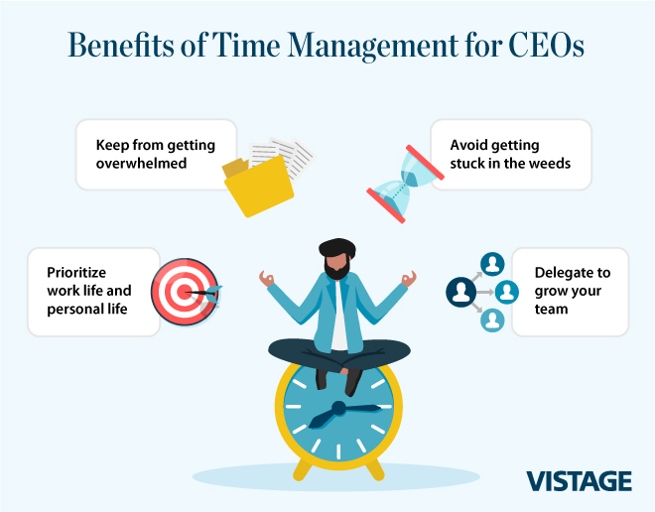
So start by breaking down your goals into small, manageable pieces, and then take action to achieve them! Breaking down your goals makes them much easier to accomplish, and it also helps you to better understand what you need to do to achieve them. It’s important to remember that you can’t accomplish a big goal all at once – you have to take it one step at a time.
5. Have a To-Do List
One of the most important time management skills for adolescents is to have a to-do list. This list can help teens keep track of their tasks and ensure that they are completing all of their obligations. To-do lists can be created in a variety of ways, including using a notebook, online tool, or even a smartphone app.
Teens should take some time each day to review their to-do list and add any new tasks that have come up. This will help teens to see their progress and feel motivated to keep working. They should also check off any tasks that they have completed.
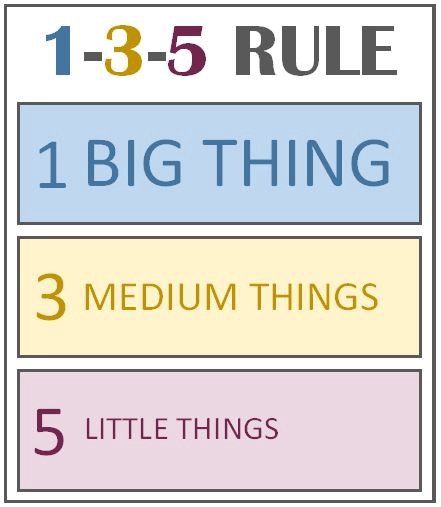
Experiment with different methods until you find a system that works well for you. To-do lists can be customized to each individual teen’s needs. For example, some teens might prefer to list tasks by priority, while others might prefer to list them in the order in which they need to be completed.
6. Set Priorities
That’s why it’s important to have strong time management skills. From school and extracurricular activities to spending time with friends and family, it can be tough to manage everything. There are a lot of things that teens have to juggle on a daily basis.
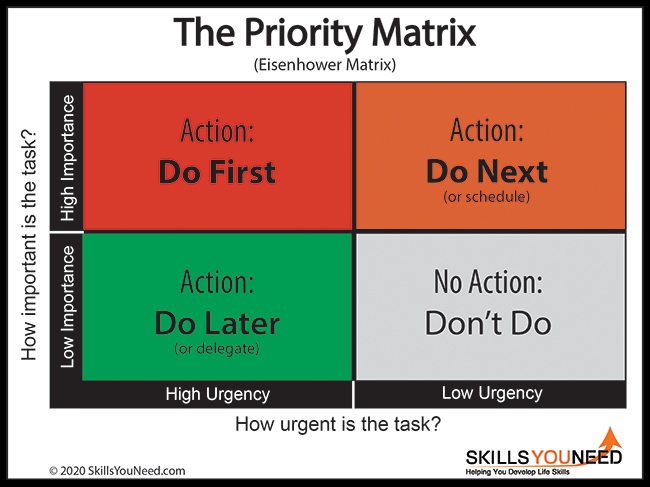
One way to stay on top of everything is to set priorities. Make a list of the things that are most important to you and make sure you dedicate enough time to them. Don’t try to do everything at once – focus on one thing at a time and you’ll be more likely to succeed.
Make sure to schedule in some down time as well – you need to recharge your batteries too! Another tip is to use a planner or calendar to keep track of your commitments. This will help you to see what you have coming up and plan accordingly.
If you’re feeling overwhelmed, it’s okay to turn down invitations or requests for your time. Finally, don’t be afraid to say no. You need to do what’s best for you and your schedule.
By following these tips, you’ll be on your way to becoming a master of time management.
7. Use Planning Tools
There are a number of planning tools that can be used in order to help manage time more effectively. Some of these include:
-Creating a daily or weekly schedule: This can help to ensure that all activities and tasks are given a specific time slot, making it easier to stay on track and avoid overscheduling.
-Making a to-do list: This can be a helpful way to prioritize tasks and ensure that nothing is forgotten.
-Using a planner: This can be used to track upcoming deadlines, appointments, and other important dates.
-Setting alarms or reminders: This can be a useful way to ensure that tasks are completed on time.
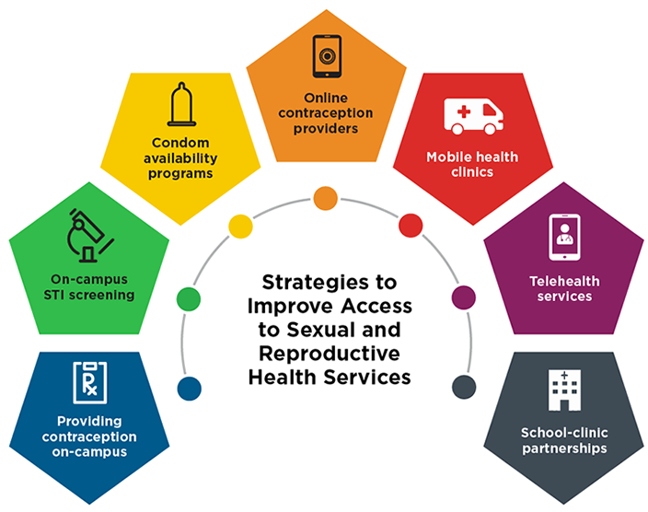
-Breaking down tasks into smaller steps: This can make them feel less daunting and make it easier to see progress being made.
8. Work in Time Blocks
From school to extracurricular activities to spending time with friends and family, it can be tough to find time for everything. One way to make sure you’re making the most of your time is to work in time blocks. There are a lot of things that teens have to juggle on a daily basis.
For example, you might block off the first hour of your day for getting ready for school, the second hour for travel, the third hour for class, and so on. Time blocking is a technique where you break down your day into specific time periods and then assign tasks to each period.
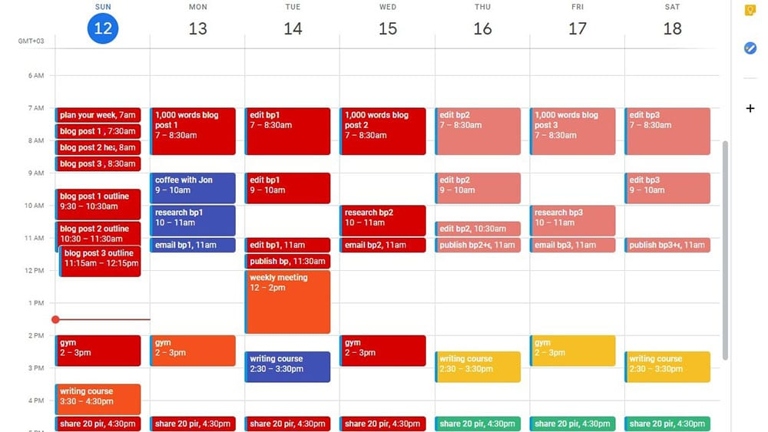
Not only does this help you to better plan your day, but it also allows you to focus on one task at a time. When you know you only have an hour for class, you’re less likely to get distracted by other things going on around you.
You can use a simple notebook or planner to write down your tasks for each block of time, or there are also a number of apps and software programs that can help you with this technique. If you’re not sure how to get started with time blocking, there are a few different ways to do it.
Give time blocking a try and see if it helps you to better manage your time!
9. Eliminate Distractions
In order to manage their time effectively, adolescents need to learn how to eliminate distractions. Adolescents need to learn how to focus on their task at hand and tune out any distractions that may come their way. Distractions can come in many forms, such as social media, television, phone calls, text messages, and even other people.

One way to eliminate distractions is to set aside a specific time for each task. Adolescents should also try to avoid multitasking, as it can often lead to more distractions and less productivity. This can be done by turning off all electronics, putting away any distractions, and setting a timer for a specific amount of time. Another way to eliminate distractions is to create a distraction-free environment. For example, if an adolescent is working on a school project, they should set aside a specific time to work on it and not allow any other distractions during that time.
10. Have a Reward System
A reward system is a great way to motivate yourself to stay on track with your time management goals. This could be something like taking a break to watch your favorite TV show, going for a walk, or eating your favorite food. When you accomplish a task or meet a goal, give yourself a small reward to celebrate your success. Having something to look forward to will help you stay motivated and focused.
11. Take Short Breaks Between Tasks
Assuming the reader is a teen:
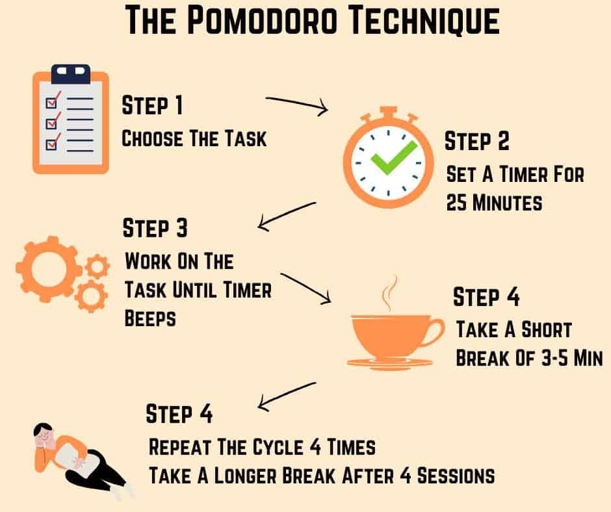
It can be tough to stay focused when you have a lot of things on your plate. This can help you clear your head and come back to the task at hand feeling refreshed. It’s important not to take too long of a break, or you may find yourself getting sidetracked and not getting anything done! One way to help yourself stay on track is to take short breaks between tasks.
12. Manage Stress
Stress is a normal part of life, but it can be overwhelming. Teens may feel stressed about school, friends, family, or other things going on in their lives. It’s important to find healthy ways to manage stress.

There are a few things that can help you manage stress:
1. Identify what’s causing your stress.
2. Avoid or change the situation if possible.
3. Find healthy ways to cope, such as exercise, relaxation techniques, or talking to someone you trust.
4. Don’t try to cope with stress by using alcohol, drugs, or other unhealthy behaviors.
5. Seek professional help if your stress is overwhelming or causing problems in your life.
13. Plan the Night Before
One of the best ways to ensure that you have a productive day is to plan the night before. This means taking a few minutes before you go to bed to think about what you need to do the next day and what your priorities are.
If you have a big project due, make sure that you schedule time to work on it the next day. If you have a test, review your notes for a few minutes before you go to bed.
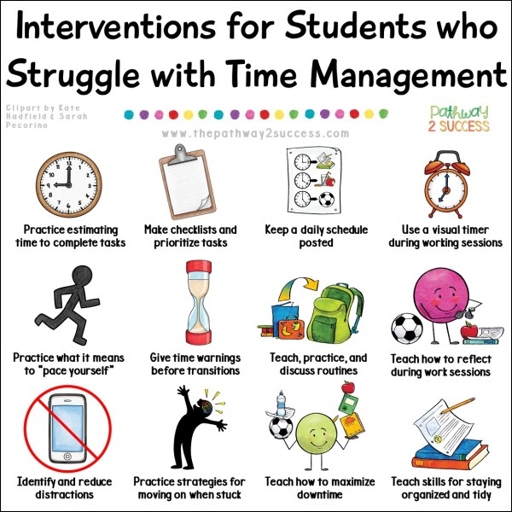
Planning the night before will help you to wake up with a clear purpose for the day and will help you to make the most of your time.
14. Organize Your Space
Here are some tips for organizing your space: Organizing your space can help you to feel more in control of your life and can make it easier to find things when you need them.
This will help to declutter your space and make it easier to keep things organized. 1. Get rid of anything you don’t need or use.
This could include using labels, baskets, or bins to help keep things sorted. 2. Create a system for organizing your things.
3. Put things back in their proper place after using them. This will help you to keep your space tidy and prevent things from getting lost.
4. Make a schedule or list to help you keep track of what needs to be done. This can be especially helpful if you have a lot of schoolwork or extracurricular activities.

This will help you to stay on top of things and avoid feeling overwhelmed. 5. Take some time each day to tidy up your space.
Having a tidy and organized space can help you to feel more relaxed and can make it easier to get things done. Organizing your space can take some time and effort, but it will be worth it in the end.
15. Use the 80-20 Rule
The 80-20 rule is a principle that states that 80% of outcomes come from 20% of the inputs. In other words, 80% of the work is done in 20% of the time. This rule can be applied to many areas of life, including time management.
For teens, the 80-20 rule can be a helpful way to prioritize tasks and manage time more efficiently. For example, if a teen has a list of 10 things to do, they can prioritize the tasks by identifying the 2 most important tasks that will have the biggest impact. Then, the teen can focus on completing those 2 tasks first and worry about the other 8 tasks later.
The 80-20 rule can also be applied to studying for exams. If a teen has a big exam coming up, they can use the 80-20 rule to focus on the 20% of material that will be on the exam. This will help them use their study time more effectively and hopefully get a better grade on the exam.
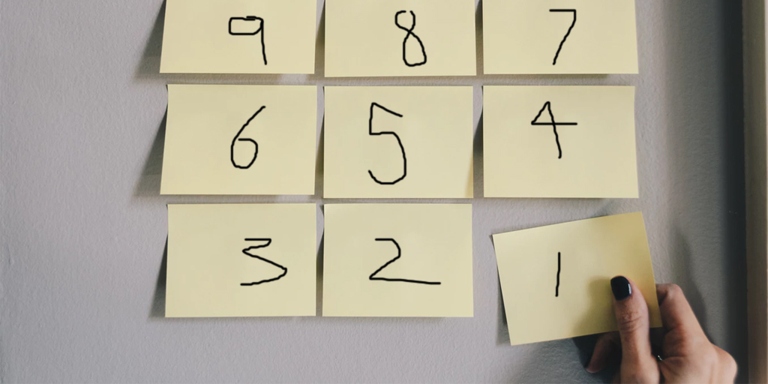
Overall, the 80-20 rule is a helpful tool that teens can use to manage their time more effectively. By focusing on the 20% of inputs that will produce the majority of the outputs, teens can save time and energy while still getting the results they need.
16. Use an Online Calendar
There are a lot of great online calendar tools that can help you stay organized and on top of your schedule. Some of our favorites include Google Calendar, Apple Calendar, and Microsoft Outlook Calendar.
It can also be a great way to set reminders for yourself so you don’t forget important deadlines or appointments. Using an online calendar can help you keep track of your assignments, upcoming tests and quizzes, extracurricular activities, and social events.
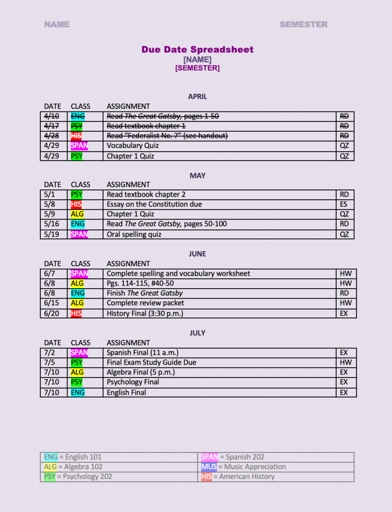
If you’re not sure how to get started, ask your parents or a trusted adult for help. Once you get the hang of it, using an online calendar can be a huge help in keeping your life organized and running smoothly.
17. Progress over Perfection
You want to make sure that everything is just right before you move on to the next thing. It’s easy to get caught up in the pursuit of perfectionism, especially as a teenager. Instead of striving for perfection, it’s important to learn to focus on progress. However, this can often lead to wasted time and unfinished projects.
The important thing is to keep moving forward. This can be difficult to do, but it’s important to remember that progress is more important than perfection. Progress means that you are moving forward, even if it’s not perfect. It’s okay to make mistakes and learn from them.
Here are some tips for making progress over perfection:
1. Set realistic goals.

Remember that it’s okay to start small and work your way up. If you set goals that are too high, you’re likely to get discouraged and give up. It’s important to set realistic goals for yourself.
2. Take things one step at a time.
Break down your goals into small, manageable steps. Don’t try to do everything at once. Focus on one thing at a time and you’ll be more likely to make progress.
3. Don’t be afraid to make mistakes.
Instead, learn from your mistakes and use them to improve your work. Mistakes are part of the learning process. Don’t be afraid to make them.
4. Persevere.
Persevere through these times and you’ll be stronger for it. There will be times when it’s difficult to keep going.
5. Be flexible.
Things don’t always go as planned. Be flexible and adapt to changes as they come.
6. Celebrate your successes.
It’s important to celebrate your successes, no matter how small they may be. This will help you stay motivated and focused on your goals.
7. Learn from your failures.
Learn from your failures and use them to improve your work. Failure is a part of life.
8. Stay positive.
Remember that progress is more important than perfection. It’s easy to get discouraged, but it’s important to stay positive.
9. Seek help when needed.
There’s no shame in seeking help when you need it. Ask for help from family, friends, or teachers when you’re struggling.
10. Take breaks.
It’s important to take breaks when you’re feeling overwhelmed. Step away from your work and take some time to relax. This will help you come back refreshed and ready to work.
18. Visualize The End Goal
This means thinking about what you want to achieve in the future and what steps you need to take to get there. When it comes to time management skills for teens, one of the most important things to do is to visualize the end goal. By visualizing the end goal, you can better plan your time and make sure that you are taking the necessary steps to achieve it. For example, if you want to go to college, you need to start thinking about what kind of grades you need to get and what kind of extracurricular activities you need to be involved in.
19. Develop Healthy Daily Habits
There are a lot of things that go into managing time well, but one of the most important things is developing healthy daily habits. This means creating a routine that works for you and sticking to it as much as possible.
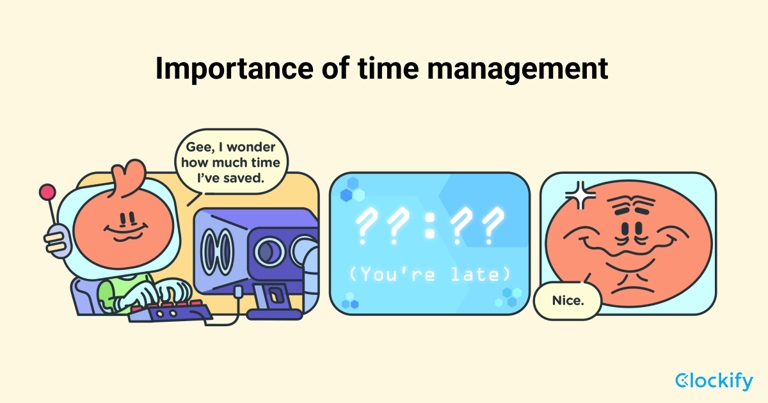
Some things that can help you develop healthy daily habits include:
-Waking up at the same time each day and going to bed at a reasonable hour
-Eating healthy meals and snacks
-Exercising regularly
-Taking breaks throughout the day to relax and rejuvenate
-Spending time with loved ones
-Pursuing hobbies and interests
If you can develop healthy daily habits, you’ll be well on your way to managing your time effectively!
20. Review And Improve
This will help ensure that all tasks are completed in a timely manner. Lastly, it is important to take breaks and allow yourself some down time. There are a few key things to keep in mind when it comes to time management skills for adolescents. Secondly, it is important to set priorities and stick to them. This will help prevent burnout and will allow you to come back to tasks with a fresh perspective. This means that if homework is the top priority, then it should be completed before anything else. First, it is important to have a daily routine and stick to it as much as possible.
Frequently Asked Questions
1. What are some time management skills for adolescents?
2. How can adolescents make the most of their time?
3. What are some tips for better time management?
4. How can adolescents avoid procrastination?
5. What are some time management strategies for students?
6. How can time management help adolescents in their everyday lives?
7. What are some benefits of good time management?
8. How can poor time management affect adolescents?
9. What are some ways to improve time management skills?
10. What are some common time management mistakes?
Final thoughts
Time management skills are important for adolescents to learn in order to be successful in school and in life. By learning how to manage their time wisely, adolescents can set themselves up for success.